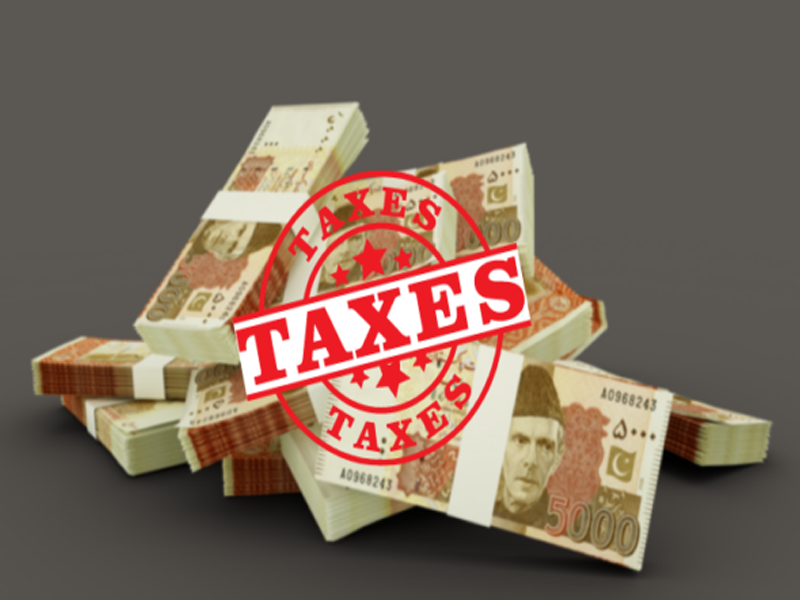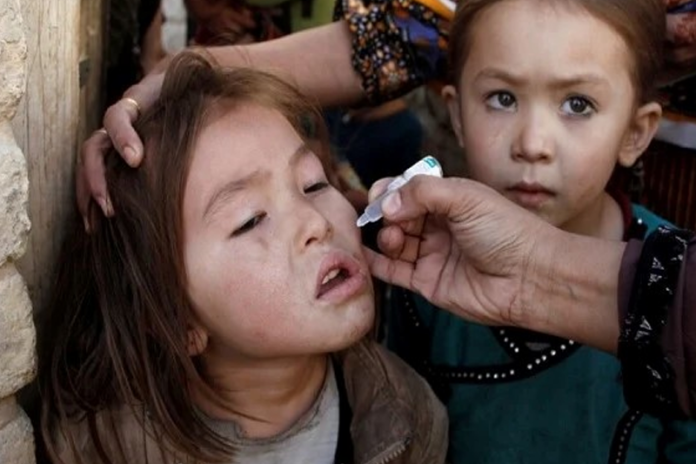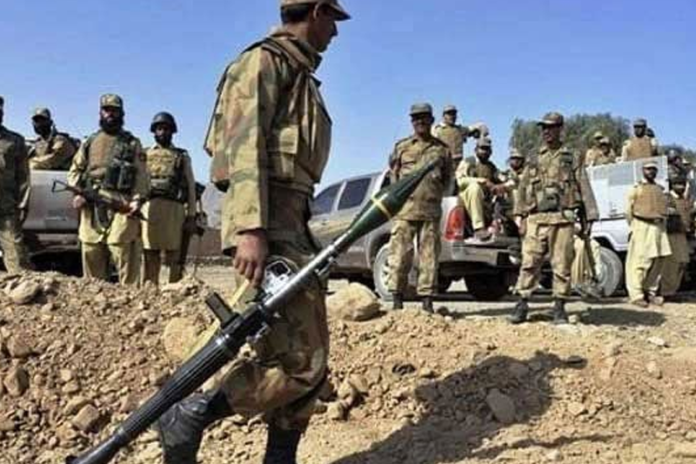Tax hikes in budgets to make masses life difficult

- 223
- 0
By imposing sales and other taxes on various sectors in the budget, medicines, cement, sugar, milk and tractors will become more expensive. As a matter of fact, one can see inflation in the coming time due to tax hikes in the budget, which will make life difficult for the common man.
The increase in electricity prices will increase the prices of all essential commodities and the burden of heavy bills will become unbearable for them. Attention should also be paid to this side. Prime Minister Shehbaz Sharif's power package for the improvement of the country's industry is subject of debate, but there is also a disturbing news that the people are going to get another shock of electricity. The National Electric Power Regulatory Authority (NEPRA) has increased the basic electricity tariff by Rs 5.72 paise per unit to avail the IMF programme, bringing the new base tariff to Rs 35.50 per unit. Nepra says the increase will be applicable from July 1, 2024 and it is for the Cabinet to decide whether the increase will be phased or all at once. Cabinet will also take the final decision to increase the price. In the current financial year, the federal government has increased the basic electricity tariff to Rs 7.50 per unit, while in the previous financial year this increase was made by Rs 7.91 per unit. The increase in basic tariff for the financial year 2023-24 was done in one lump sum and in three phases in the financial year 2022-23. With the new tariff hike, the power sector will earn more than Rs 3.6 trillion from electricity consumers in the new financial year 2025. With an increase of Rs 5.72 per unit in the basic tariff, the peak hour tariff for domestic consumers is likely to increase from Rs 42 per unit to Rs 48 per unit.The average tariff of Rs 35 may increase to Rs 40.72 per unit.
Electricity consumers will have to pay more than Rs 2.2 trillion in FY 2025 in capacity payments alone. These payments of Rs 1.87 trillion are to be made in the outgoing financial year. Common citizens are already worried about the high rate of inflation. Every budget has a direction. Budgets are usually formulated to promote growth, export and investment, but the current budget is based only on revenue collection. The Finance Minister and the FBR have taken measures to collect maximum revenue from every sector of the country's economy by following the IMF conditions, while we should have prioritized measures to reduce inflation, accelerate GDP growth, new investments and increase industrialization and domestic exports. Even though the People's Party is the main coalition party of the government, it was not included in the consultation process of budgeting. PPP has reservations on several important proposals presented in the budget. The agreement that Muslim League (N) made with PPP in forming a new government on March 4 this year was not even 50% implemented. According to the agreement, the budget was to be allocated in consultation with the public sector development projects in the provinces, which was not done in the recent budget.The PPP also has reservations about the imposition of sales tax on the inputs of the agricultural sector. In this situation, PPP Chairman Bilawal Bhutto Zardari called a meeting of PPP parliamentarians at the Parliament House on June 11 and 12, in which the participating members of parliament expressed their deep disappointment at the attitude of Muslim League (N) and decided to participate in the budget meeting.
Chairman PPP directed Khurshid Shah, Naveed Qamar and Ijaz Jakhrani to attend the meeting on behalf of the party. And most important, a revenue target of 12970 billion rupees has been set for the next year, while the revenue collection target for the current financial year was 9252 billion rupees. In this sense, the FBR has to receive additional taxes of 3718 billion rupees in the next financial year, which is about 40% more and an unrealistic target, for which the government has announced a reduction or elimination of incentives and subsidies given to various sectors. New taxes of 1768 billion rupees will be collected. As a matter of fact, the non-filers have been targeted in the recent budget which has clamped down on them with strict measures such as blocking of their mobile SIMs, disconnection of electricity and gas and ban on foreign travel, while tax defaulters' offices for non-registration in the trader-friendly scheme. In the budget 2024-25, the GDP growth target has been set at 3.6%, which was 3.5% in 2023-24, but despite the 6.25% growth of the agriculture sector, we could achieve only 2.4% GDP growth because the service and manufacturing sectors are 3% and 4% respectively. Only 1.2% of the target was met. On the other hand, 9775 billion rupees have been kept for loans and interest payments, which is more than half of the total budget. 1500 billion rupees has been earmarked for PSDP this year. Last year, the total GDP was 382 billion dollars and in 2025 it is expected to be 397 billion dollars. In 2024, the per capita income was 1680 dollars, which is expected to be 1797 dollars in 2025. In the budget, the levy on import of petroleum products has been enhanced. From next month onwards, capital gains tax will be levied on the purchase and sale of property regardless of the period and 5 percent federal excise duty will be levied on the purchase and sale of residential and commercial plots as well. Besides, there is also a proposal to increase the FBR valuation of plots. Moreover, the minimum wage has been increased from Rs 32,000 to Rs 37,000, while the salaries of government employees of grades 1 to 16 have been increased by 25 percent, salaries of employees of grades 17 to 22 by 20 percent and pension by 15 percent. A tax rate of 35% has been imposed on the salaried class and 45% on the business class. Textile and other export sectors, which used to pay 1% final tax, will now have to pay 29% tax, like other sectors, which has caused consternation among exporters. Federations, chambers and the business community have criticized the government's move as it will affect the competitiveness of exporters.

















































